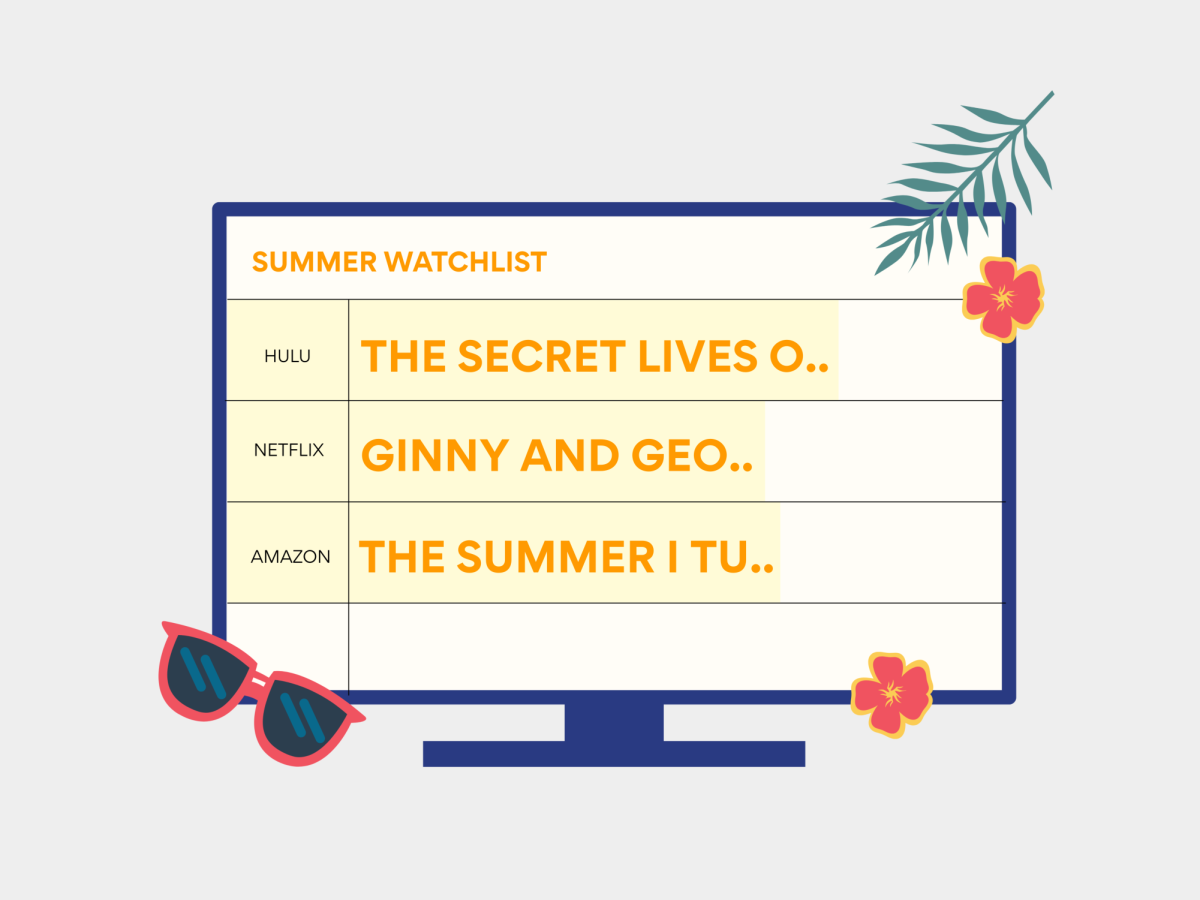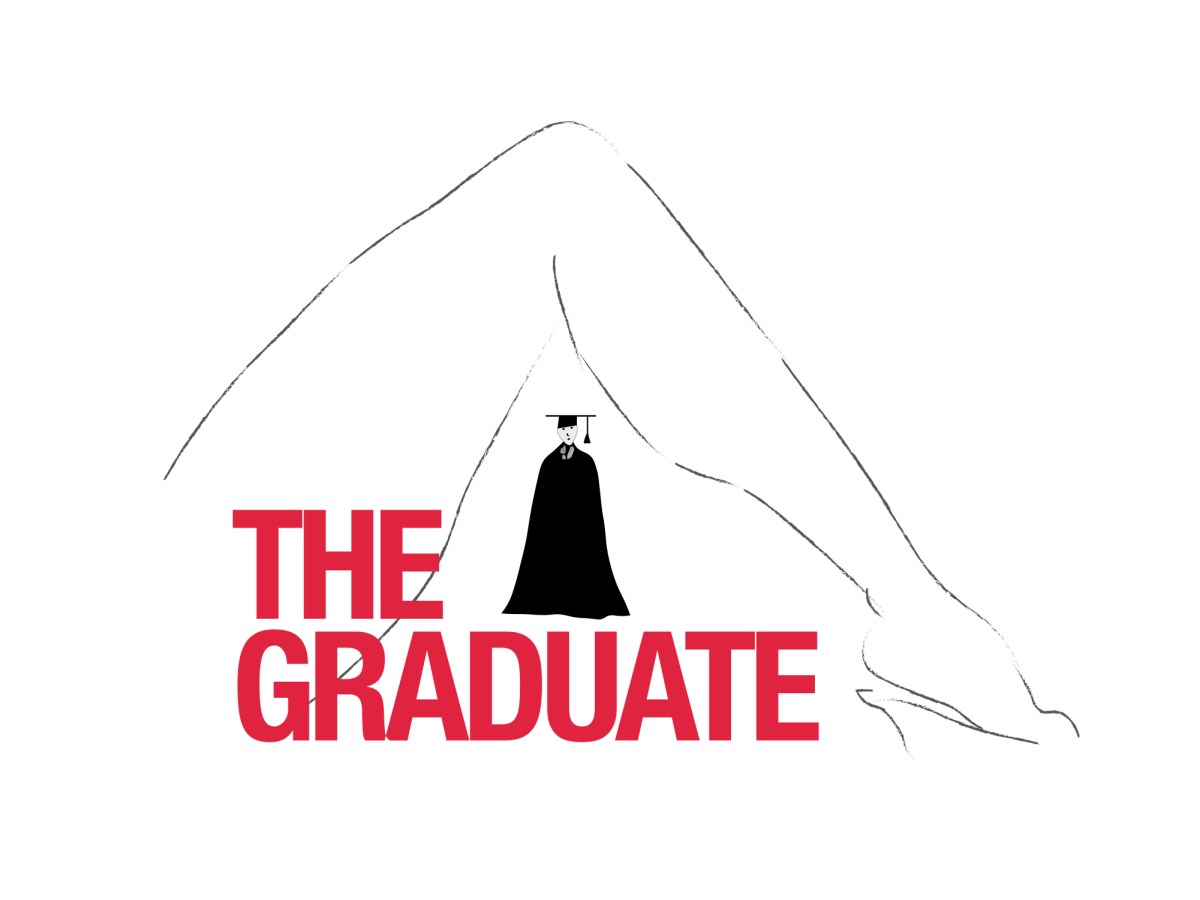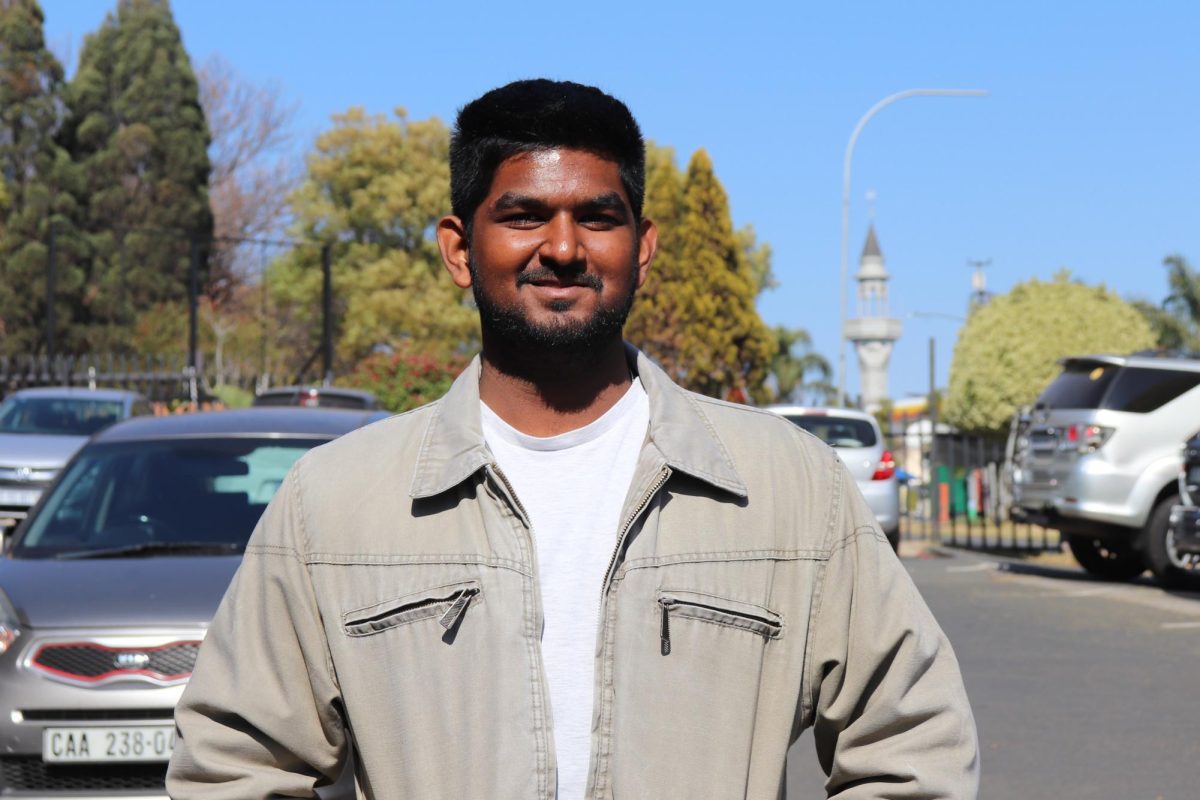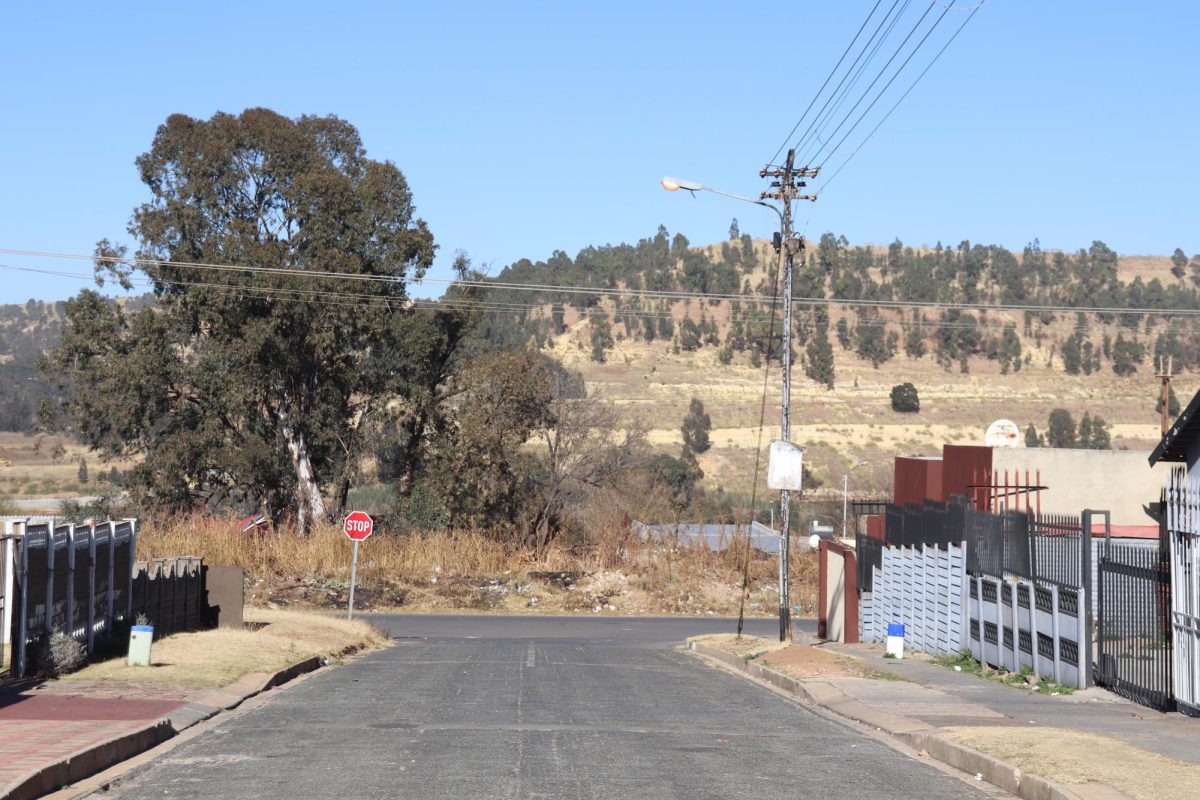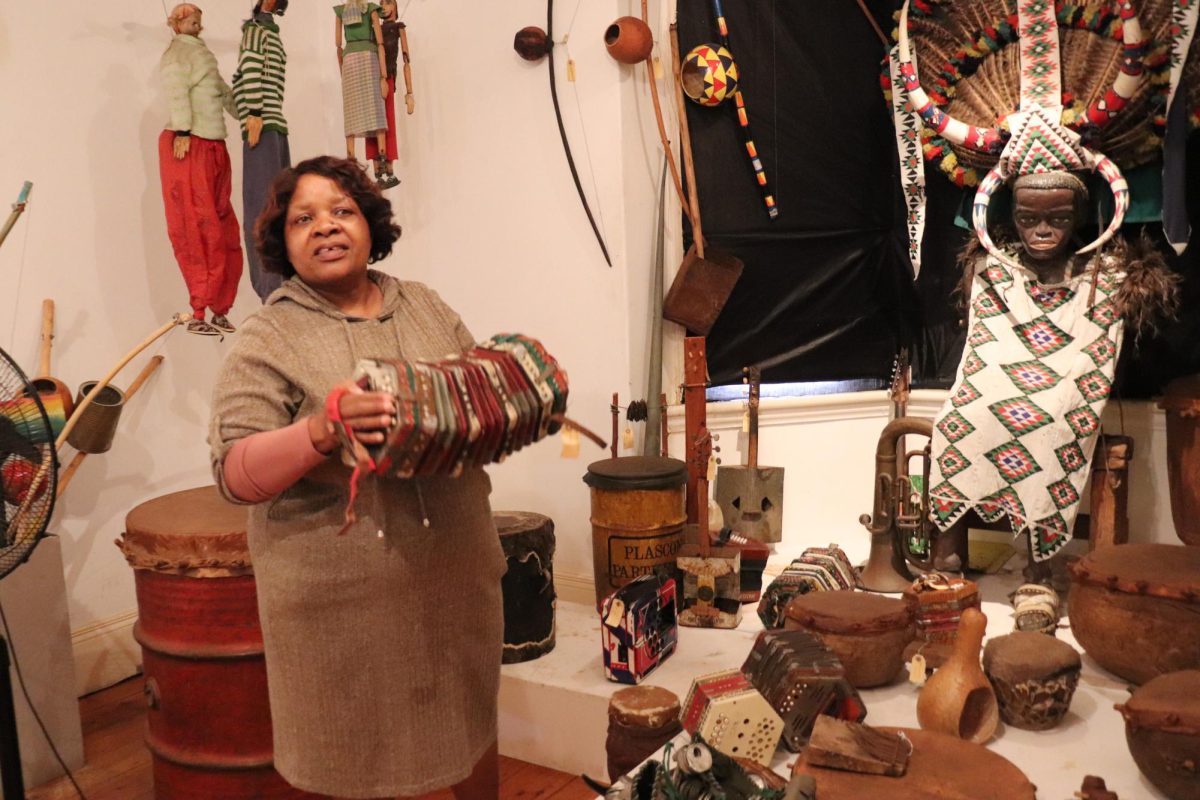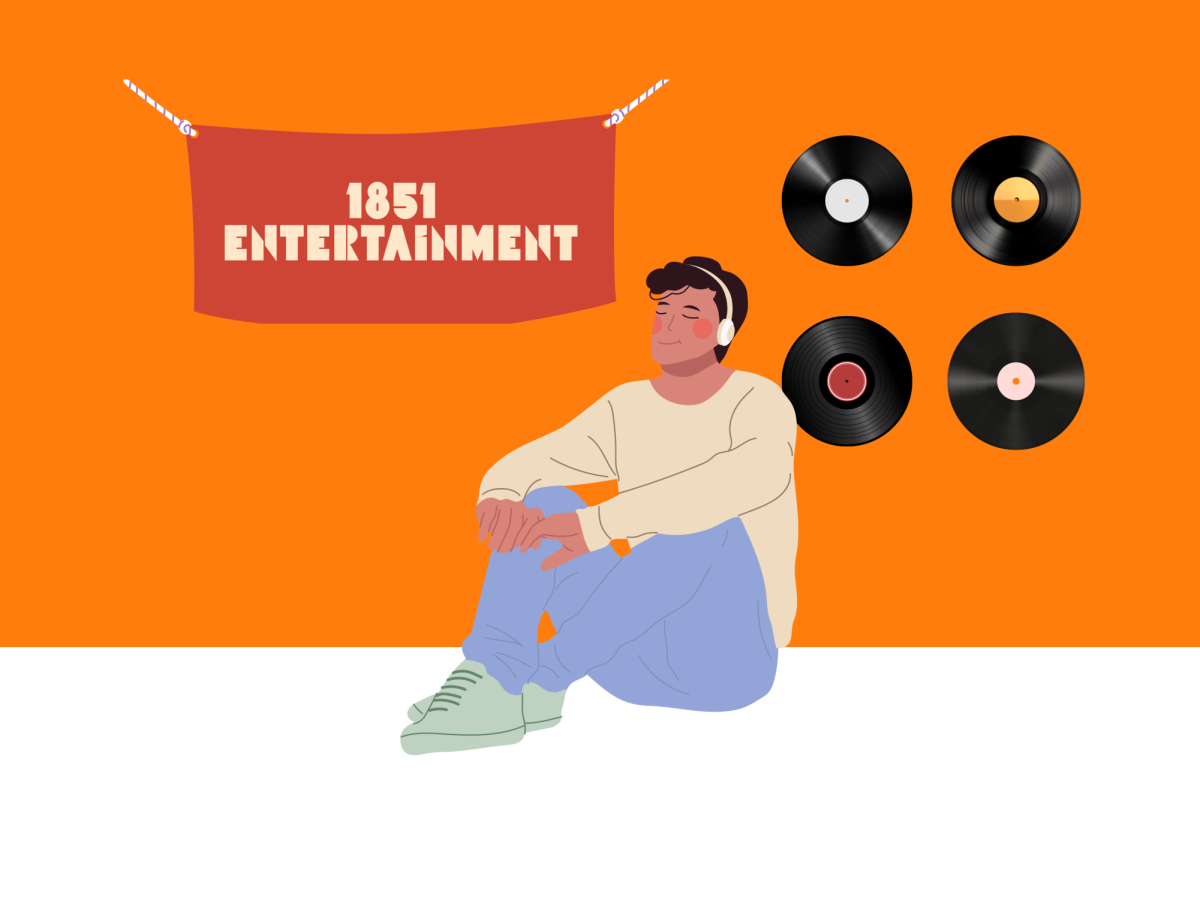My mother named me after Russell Crow’s character in the 2000 Ridley Scott film “Gladiator” — quite the fictional character to live up to.
Thankfully, in the film, Maximus had the guidance of Marcus Aurelius, a Stoic thinker, to help push him toward his greatness. So, I turned to the Stoic lessons of Marcus Aurelius and other Stoics to help guide me through the final stages of college and into the colosseum known as the real world.
To begin, I mapped out a plan to approach a singular Stoic practice each day for one week. The practices included determining aspects under my control, voluntary discomfort, restraint, responsibility, service to others, letting go and thinking about death.
While these practices approach different Stoic ideas, they are rooted in the four cardinal virtues of Stoicism: wisdom, justice, courage and temperance.
“The Stoics might say that there is one special thing that is responsible for all of it,” said Andrew Payne, Ph.D., professor of philosophy. “They might call it wisdom. And, a Stoic might say that all of the virtues boil down to this wisdom that the Stoic, wise person has. Then there are different applications of that one single, right way of thinking.”
In addition to these specific practices, I added two Stoic exercises to my morning and nighttime routine. Every morning, I visualized the possible difficulties of the day, and every night, I journaled.
For the most part, these additions allowed me to prepare for the day, acknowledging the possibility that challenges may arise and releasing daily stresses and anxieties before bed.
Bill Broadwater, founder of Philadelphia Stoa, a philosophical community that uses Stoicism to approach modern problems, applies these practices as a tool to achieve growth.
“At the end of the day, I would go through my day and see if my actions or responses to things were consistent with the Stoic virtues — wisdom, temperance, courage, justice and so forth — and see if I actually lived up to those virtues,” Broadwater said. “There were, of course, many situations where I didn’t, and I thought about how I could live up to them.” Day one of my quest focused on control versus concern. That meant thinking about the things I could control and those things I could not.
“We have to make a distinction between things that are up to us and things that are not up to us,” Payne said. “Epictetus, one Stoic philosopher, said that the only things that are up to us are things like our desires, our beliefs, our aversions and our emotions, things that sometimes we think of as going on on the inside of us, while everything outside of us is determined by external necessity.”
Being an athlete almost my entire life, I understood this principle well. Throughout the day, the words of past coaches echoed in my ears: “You can only control two things: your effort and your attitude.”
This idea became most present in my academics. Even if I did not want to read an assigned reading or go to class, instead of thinking, “I do not want to do this,” I thought, “I am learning something new.” This realization is not dramatic nor life changing. It’s small, in fact. But the switch in perspective allowed me to reorient myself to enjoy the final fleeting moments of senior year.
Out of the seven days, the most rewarding yet challenging were days two and four. The theme of day two was voluntary discomfort. I subjected myself to minor discomforts throughout the day. For example, instead of taking my usual warm shower, I opted for a cold shower.
“Sometimes the Stoics would say, ‘Do this thing so that you get a better sense of what your limitations are and where you stand in relation to living virtuously,’” Payne said. “The only thing that we really should do for its own sake is to live in accordance with nature, to live virtuously, to live and think and act rationally. But they would say it can be good, as part of a training, to get closer to that.”
My cold shower was a reminder that commodities are not equal to happiness. Yes, they may make your life easier, but they have no impact on how you treat others or true personal happiness.
On day four, I grappled with my mortality, a dark but freeing exercise. “Living for the bit,” I call it: a way to remember we only have one shot at life, so why not live the best way we can?
I can be very intense at moments and have a habit of keeping my guard up. This is not a bad thing, but, at times, can be difficult to turn off. “Living for the bit” granted me the permission to widen my scope of focus. Instead of rushing home or to the library to start my work, I strolled through campus, admiring the colorful trees and world around me.
Stoicism is not without its faults. James Hebbeler, Ph.D., associate professor of philosophy, sets out a good rule of thumb for any criticism, regardless of philosophical framework.
“Whether it’s a criticism of fundamental principle, or maybe a non-fundamental principle, if there are reasons to reconsider a certain point or counterexamples, they should be dealt with,” Hebbeler said.
For Stoicism, one of the biggest critiques surrounds the Stoic approach to emotions. Many people think that Stoicism means suppressing all emotion. But Payne said that’s not correct.
“They’re not telling you to live without all emotions, or to pretend that we can live without all emotions,” Payne said. “They would say that there are simple, positive, rational emotions that we can have.”
Throughout my week, I found this to be true. I was not suppressing the joy I had when hanging out with my friends. But, I was reconsidering why I felt angry over minor inconveniences, such as my phone dying or sleeping through my alarm.
“The basic message from Stoicism is to figure out what’s your job, what’s your life, what is up to you, and run that well and don’t worry about other things,” Payne said.
I don’t know what my life will be like 10, 20 or 50 years from now. I don’t know how many gladiators I will have to face, nor how those around me will react to the outcomes of these battles. But, what this brief training in Stoicism showed me is that it’s not Emperor Commodus who gives you the thumbs up or thumbs down after your time in the colosseum of life. Ultimately, it’s yourself.
So, as I enter the colosseum we call life, I have decided it’s the little things that decide my path as a gladiator, the things often forgotten in a world surrounded by chaos.










